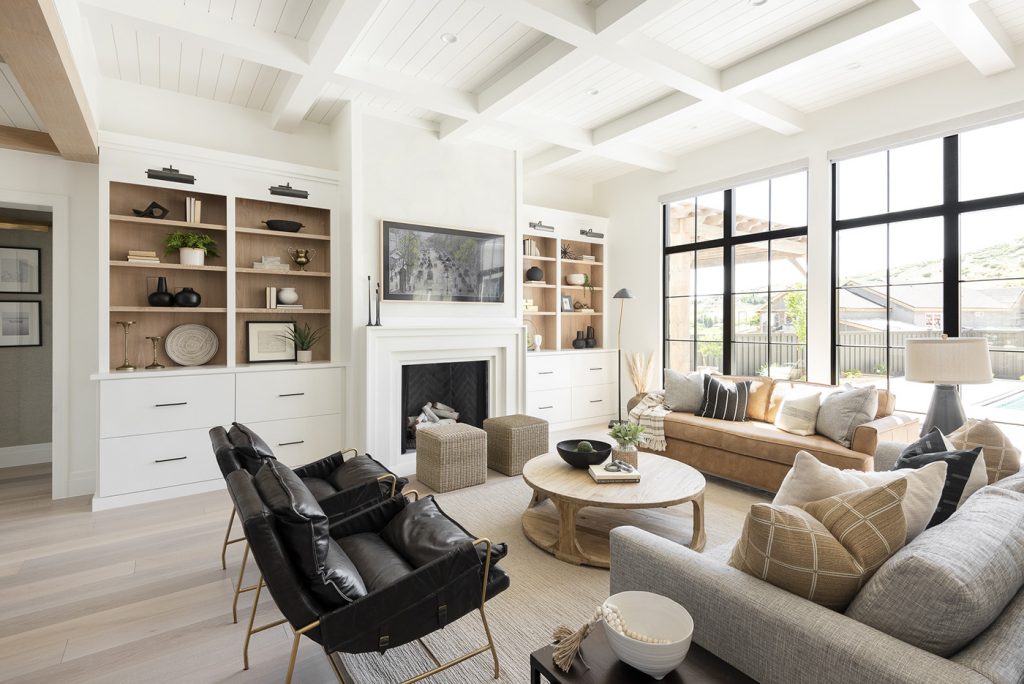Anyone who has tried planning a big remodeling project will attest to the magnitude of the task. There are many things involved, from staying on track to completing the project on time and budget. But it’s not out of the question. In reality, even if you’ve never done a home improvement project before, with a little planning and organization, you can plan one like a pro.
Create your Map

First and foremost, you can’t proceed with your remodel until you know the result. This is one of the instances where working backward is needed. If you’ve decided on a destination, make a list of any features that are a must-have. For example, you may want an oversized island in your kitchen or a guest room/office combination.
Then, look for design inspiration on sites like Freshome. When you have a good vision of how the finished project will look, you’re ready to move on to the next level. Please make a note of these specifics so you can come back to them later.
Establish a Project Budget
The next step is to figure out the budget and financing options for home renovations. Permits and construction supplies, labor costs, and the expense of decorations or decorative touches should all be included in your budget.
To create a budget, follow these steps:
- Determine your budget and finalize your funding. Save a minimum of 10% of your total budget for unforeseen costs.
- Professionals will provide you with cost estimates.
- Calculate the cost of all necessary materials.
If your cost estimates exceed your budget, use the home improvement project plan you created in phase one to remove project elements that aren’t as important. Get price quotes from many contractors to determine the best choice for you.
Hire the Experts

After that, you’ll need to recruit your team for your home improvement project. Don’t base your contractor selection solely on cost forecasts. Consider the following factors when interviewing and choosing contractors:
- Years of experience: A contractor with a lot of experience is a better bet than someone new to the market.
- Contracting license: Verify that your contractor has completed all of the necessary measures to receive the required certifications for their line of work.
- Contractors should have workers’ compensation and liability insurance appropriate for the type of work they do.
- References: Request references and call them. This is a perfect way to ensure that your contractor is more than just a paper tiger.
- Schedule of payments: The Better Business Bureau warns against paying the full price upfront to a trustworthy contractor. It is, however, essential to negotiate payment terms before the start of construction. In some instances, it’s easier to pay a bit more to collaborate with someone you’re familiar with.
Make a Timetable

It would help if you had a good idea of all the measures involved in bringing your project to fruition by now. If you’ve decided on a start date, go around to each member of your team and ask for an estimation of how long the project will take.
Final Thoughts
If this is your first time planning a big remodeling project, don’t be afraid to seek professional help. Inquire about previous remodel similar to yours to see how they went and what order of tasks makes the most sense.
For example, is it easier to focus on plumbing or tile first when remodeling a bathroom? There are many things you may learn and discover in the way. Thanks to bankrate.com for consulting.
























